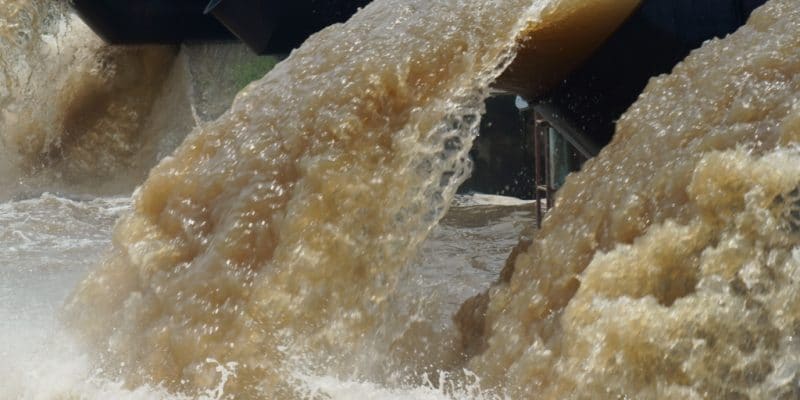The Board of Directors of the African Development Bank (AfDB) has granted a loan of US$ 121.7 million to Namibia. The funds are earmarked for the implementation of a major drinking water and sanitation programme. The AfDB is accompanying the loan with a grant of more than US$ 3.3 million.
Namibia is receiving support from the African Development Bank (AfDB) for its drinking water supply and sanitation policy. The Board of Directors of this pan-African financial institution has approved a loan of US$ 121.7 million to Namibia. The funds are earmarked for the implementation of the Water Sector Support Programme in Namibia.
It is an ambitious programme aimed at facilitating the sustainable production and transfer of water resources to improve access to drinking water for agricultural and industrial use. It will also improve sanitation services in rural areas and strengthen institutional capacity for sustainable water resource management in this arid country.
The programme’s specific priorities are as follows
The AfDB has added a grant of more than US$3.3 million to its loan of US$121.7 million. These funds were released from the Rural Water Supply and Sanitation Initiative Trust Fund (RWSSI-TF). The purpose of this AfDB facility is to support projects and programmes in the rural water and sanitation sector by financing investment operations, strengthening sector processes and systems, as well as advocacy and knowledge building.
The Water Sector Support Programme in Namibia for which the AfDB is releasing funds will help strengthen water production infrastructure, including the rehabilitation of drinking water plants and pipelines that deliver drinking water to the population.
Reusing Wastewater
Namibia is facing a national water crisis due to severe droughts. According to the AfDB, the 2018/19 rainy season, one of the driest since 1981, has received only 50% or more of the average seasonal rainfall, posing serious challenges to the economic, environmental and social development programme of this southern African country.
This situation is prompting the country to rely more on non-conventional water resources such as desalination and wastewater reuse. “The programme is based on an innovative sanitation technology in Namibia that treats its wastewater in Windhoek according to water treatment standards; and injects 30 per cent of the recycled water into the system for distribution to consumers. The programme includes the preparation of studies and designs for the direct recovery of drinking water in Windhoek to increase the existing capacity by 17,000 m³ per day,” the AfDB explains.
The Namibian government plans to rehabilitate and extend the sewerage system to improve wastewater recovery. Windhoek’s wastewater treatment systems will also be rehabilitated and extended. Also under the Namibian government’s water and sanitation programme, sanitation facilities will be built to improve hygiene and sanitation in rural areas. Latrines will be built in selected households, schools and health centres.
More than one million people will benefit
The institutional capacity building component involves the public utility NamWater, the Namibian Ministry of Agriculture, Water and Forestry (MAWF), the Department of Water Affairs and Forestry (DWAF) of Namibia, and the Municipality of Windhoek. Capacity building will focus concretely on inter-sectoral coordination in drinking water, sanitation, health, education, etc. projects. Particular emphasis will also be placed on decentralisation and project management at the local level.
The implementation phase of the Water Sector Support Programme in Namibia will last five years. The AfDB estimates that all the project components will be implemented by 2024, enabling more than one million people to have access to drinking water and sanitation services.
Jean Marie Takouleu







